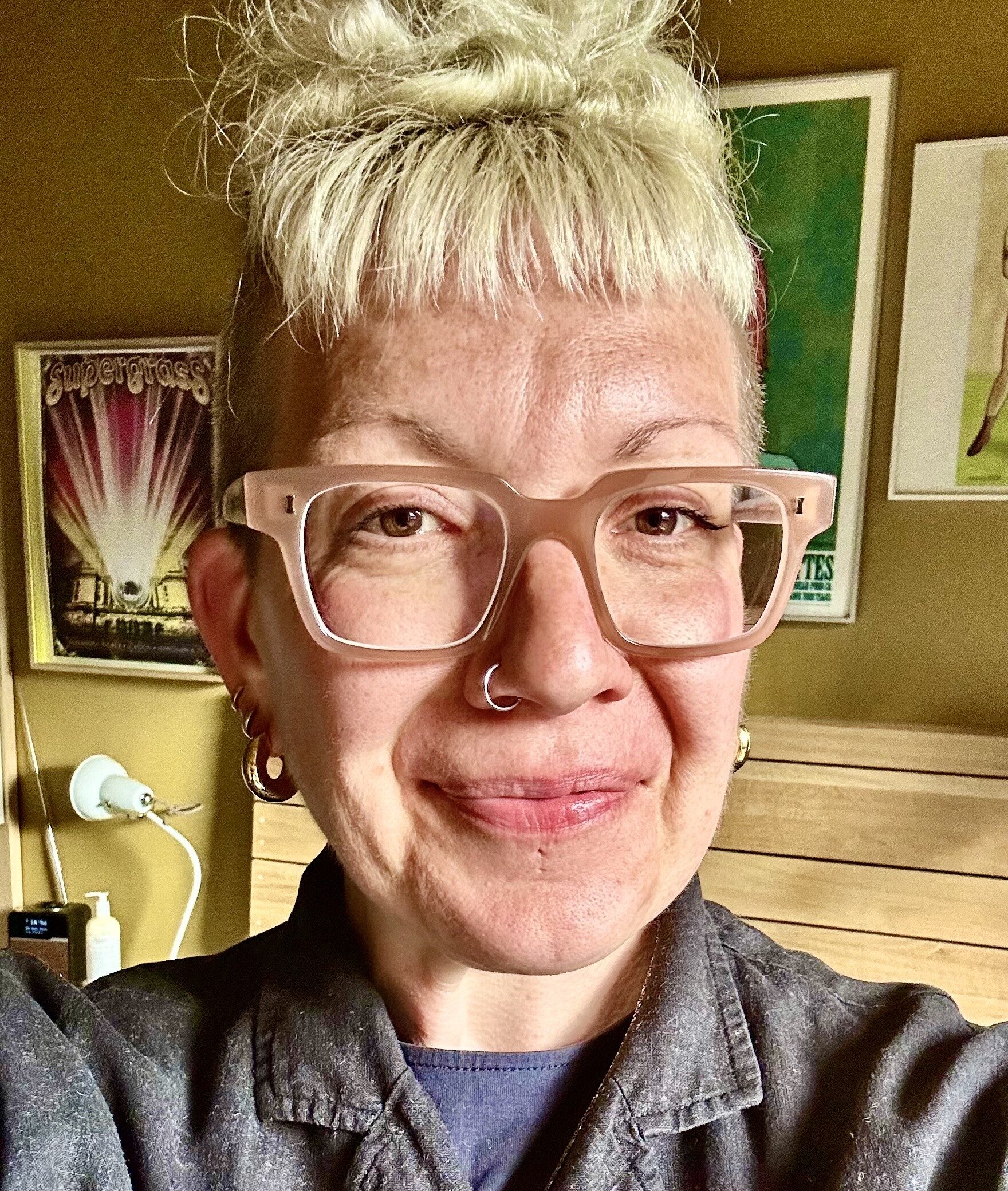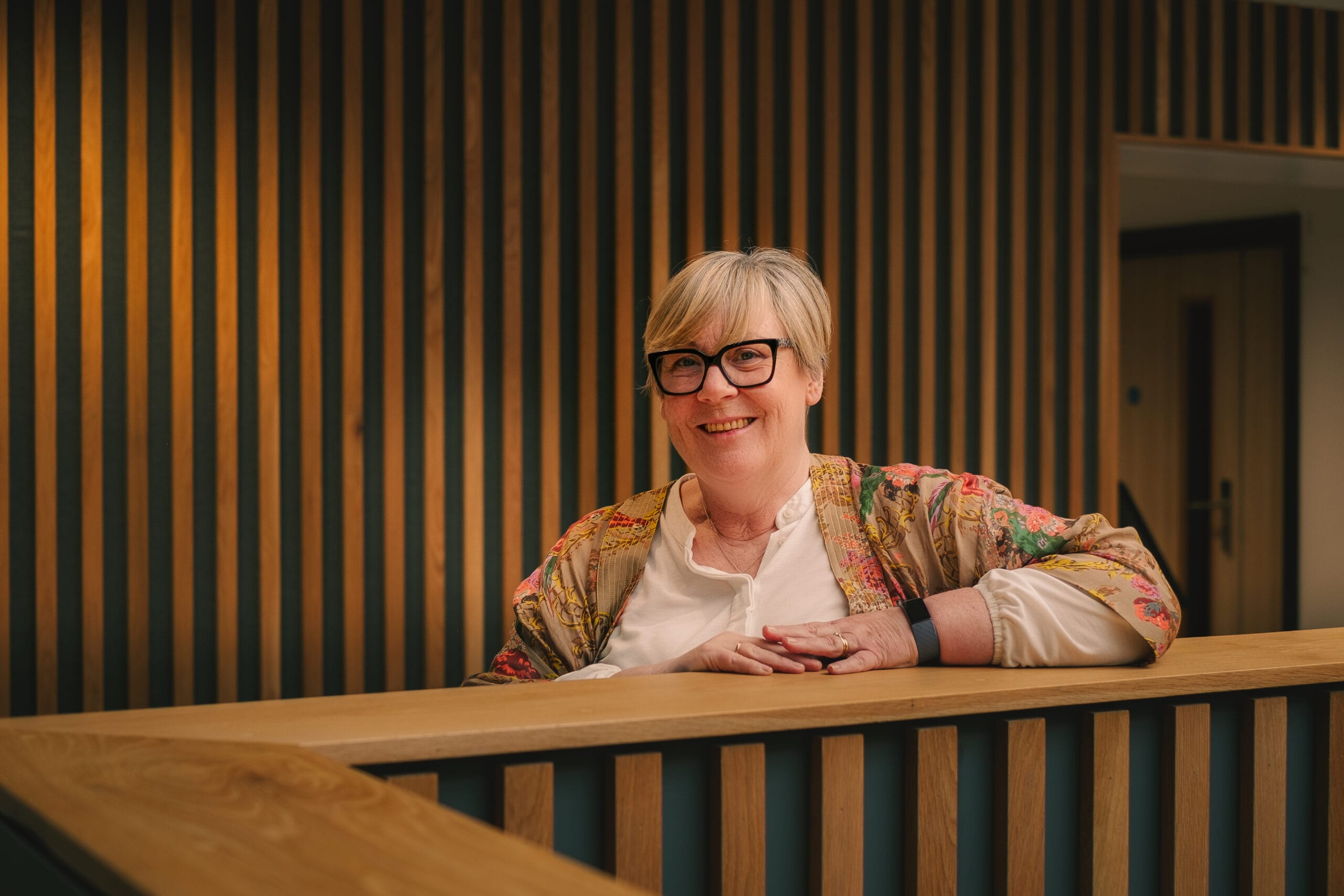Launching the ADASS Research Group: Influencing the future of social care
On this page
ADASS has launched a new research group to strengthen collaboration and shape future priorities. In this first update, Chair of the ADASS Research Group, Chris Lehmann, sets out the group’s plans, followed by Professor Yvonne Birks on why partnerships between research and practice are vital to improving adult social care.

From this month onwards, we’ll be sharing regular monthly updates about our work as a new group focussed on this important and fast-moving area. Following an energising and engaging session at our ADASS Spring Seminar in April, we are putting together a series of workshops, resources and a dedicated page on the ADASS website where you can find out the most up to date information about how you can become a good producer and consumer of research.
I am absolutely delighted to take up the role of Chair of the group as it continues to evolve, following Richard Parry’s expert stewardship. Our predecessor group dealt with both research and branding issues. We are now a dedicated research group, with a fabulous group of people who have a broad range of experience and ideas. We are looking for others across the country who are keen to join us, either as regular members of the group or as collaborators, contributors or facilitators as we develop our plan for the coming 12 months.
The Spring Seminar gave us a strong steer, and established some key priority actions that we are putting into a comprehensive work plan. We’ll use this space to keep you updated on how delivery is shaping up. The plan’s overall aim – and our purpose as a group – is to influence regional and national academic research into adult social care, with the aim of ensuring that it takes account ADASS’ policy priorities and the views and experience of ADASS members. To do this, we’re standing down the research approvals process, and instead of an ‘approved/not approved’ reactive approach, we will be establishing a range of guidance and support routes and resources for researchers. Expect to see a new ‘Dos and Don’ts’ document on a redesigned research support section of our website soon. We will also be reaching out to ADASS policy and interest groups so that our conversations with colleagues in the research community are informed by a more detailed sense of ADASS’ collective research priorities. We want to move from downstream gatekeepers to upstream influencers and partners.
In developing the work programme, we’re aware that in many places and regions, fantastic partnerships with research institutions are already taking root, and research cultures which fully include the people drawing on care and support, and people working in care and support, are developing. Our group’s aim is to provide helpful points for shared learning to build capacity across this exciting – but complicated – landscape. We’re putting together a series of webinars in the autumn that platform and connect regional or local initiatives.
Research is inherently collaborative. So ADASS is delighted to be taking these new steps through a partnership with the National Institute of Health and Care Research, School for Social Care Research (NIHR SCCR). Our partnership is based on shared values and ambitions. It will enable ADASS to facilitate, navigate and influence more effectively and will enable SCCR to engage even more consistently and strategically with the sector. I’m therefore pleased to share this initial blog – and so much more over the coming months – with Professor Yvonne Birks, Director of the School for Social Care Research.
Professor Yvonne Birks, Director of the NIHR School for Social Care Research
Partnerships between research and practice are vital to improving adult social care. In this blog, Professor Yvonne Birks, Director of the NIHR School for Social Care Research, reflects on the value of collaboration, the launch of SSCR’s new website, and new opportunities for ADASS members to shape research and evidence that make a difference.

Strong partnerships in research are essential to making adult social care the best it can be. This provides the best teams to test ideas, share learning, and improve lives. That’s why I – on behalf of the NIHR SSCR – am proud to be co-writing this inaugural blog – a space for reflection, insight and shared learning. Thank you to Chris for championing this initiative and helping to create a platform that brings practice and research closer together.
Within SSCR we know how essential ADASS members are to shaping services that respond to people’s needs, values and aspirations. We see good quality research as an important contribution to supporting that mission – through high-quality, accessible evidence and a commitment to working in partnership with ADASS and the sector more widely.
Since its establishment, the SSCR has been at the forefront of funding and sharing research that improves care and support for adults across England. Our exciting new collaboration with ADASS is essential to this work, ensuring that the research we fund and produce reflects practice priorities, is delivered by teams that include people in practice as well as people with lived experience and is genuinely useful for those delivering and commissioning care.
We’re excited to unveil our new website, designed with you in mind. It features an extensive research library including policy briefings, research summaries, blogs, and other resources – making it easier to tap into relevant evidence when you need it.
Looking ahead to later in the year, we’re launching a new Practice Evaluation Scheme, enabling local authorities and providers to generate insights from their own innovations. It’s a chance to share what’s working and build a stronger evidence base from the ground up in collaboration with the academic sector. We also have a range of opportunities for organisations and individuals keen to become more actively involved in research and we welcome conversations with anyone who would like to know more.
Even if you’re not directly involved in research projects, there are many ways to be research active including reviewing research bids to help shape emerging studies and joining steering groups and funding panels to share your expertise. These opportunities bring the practitioner voice directly into the research process and help ensure our work reflects the reality of people delivering and accessing social care.
Together, there is a lot we can achieve. We look forward to learning from one another and promoting a culture of evidence-based improvement in adult social care – one built on partnership, rigour, and shared purpose.